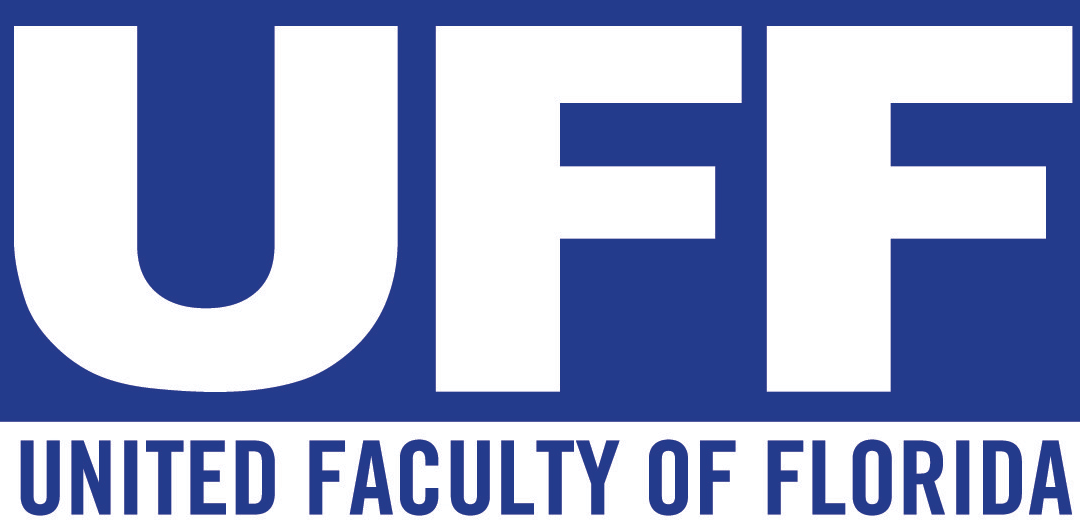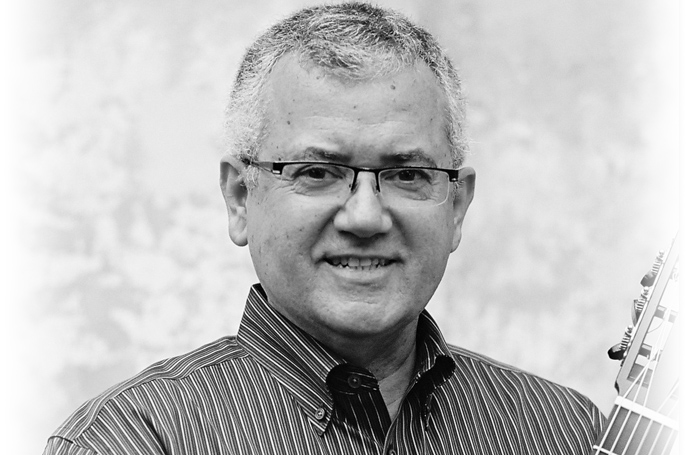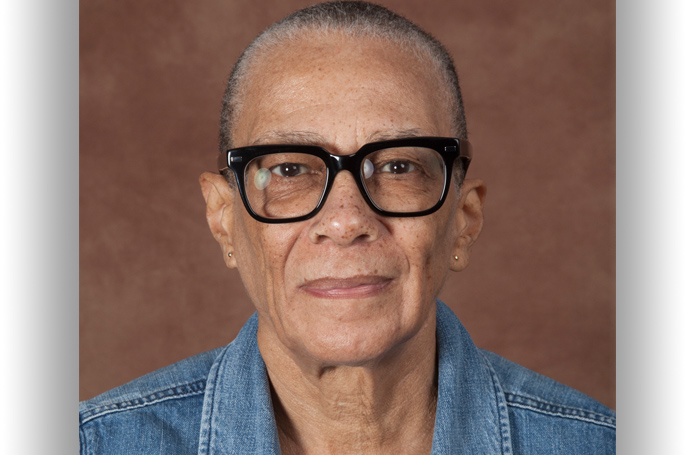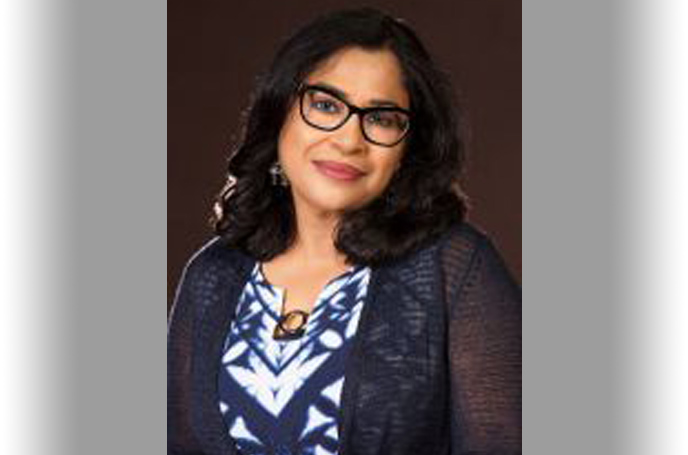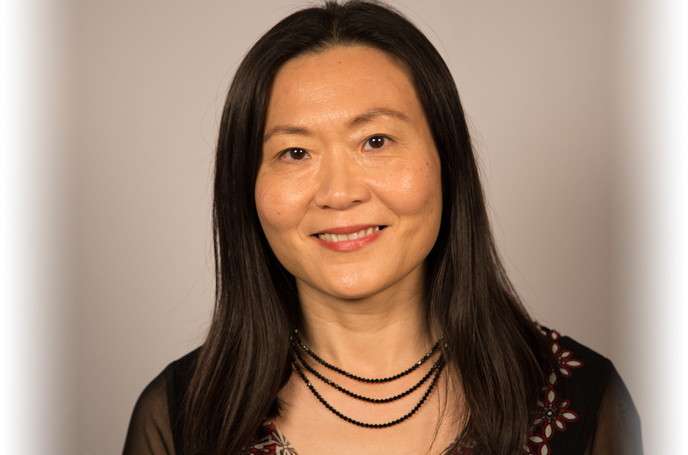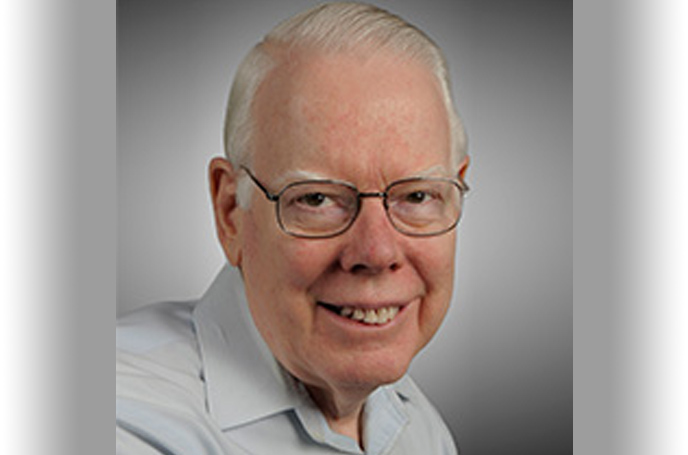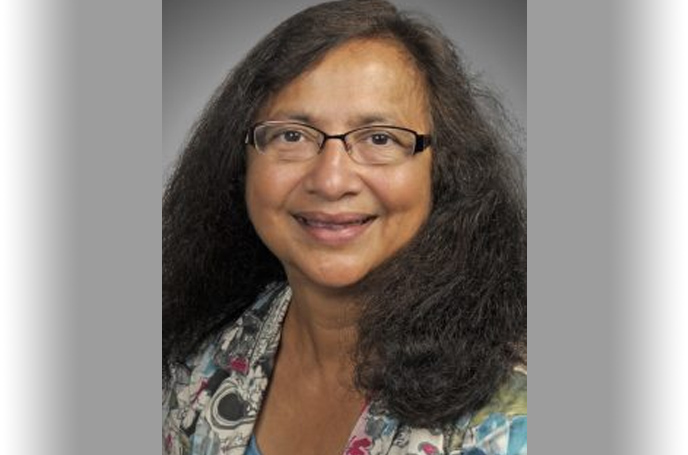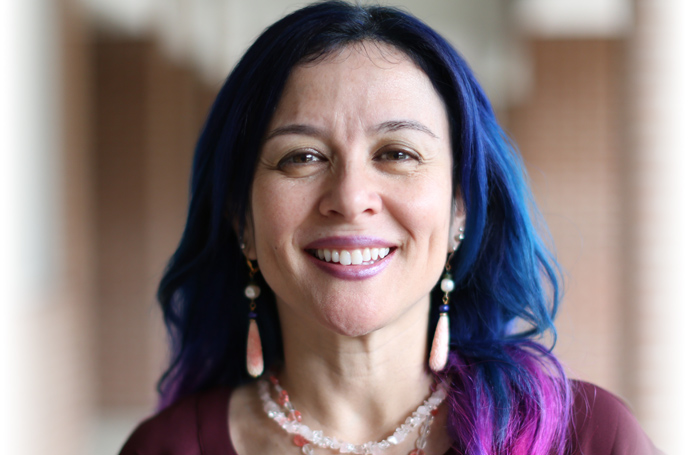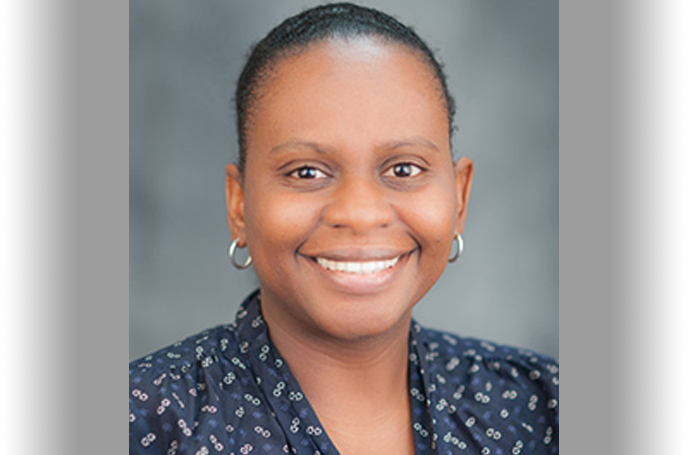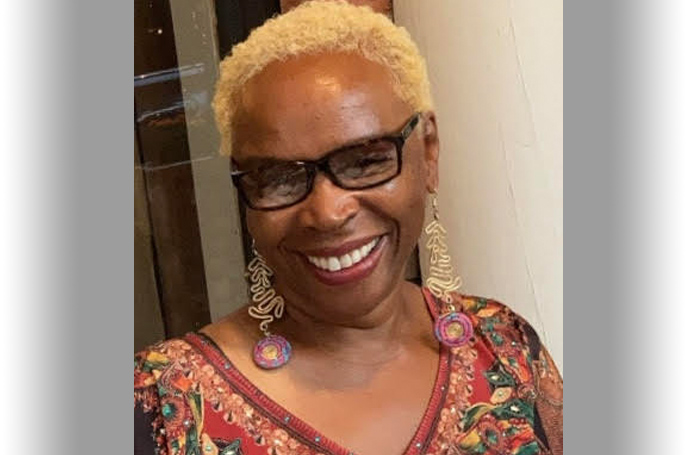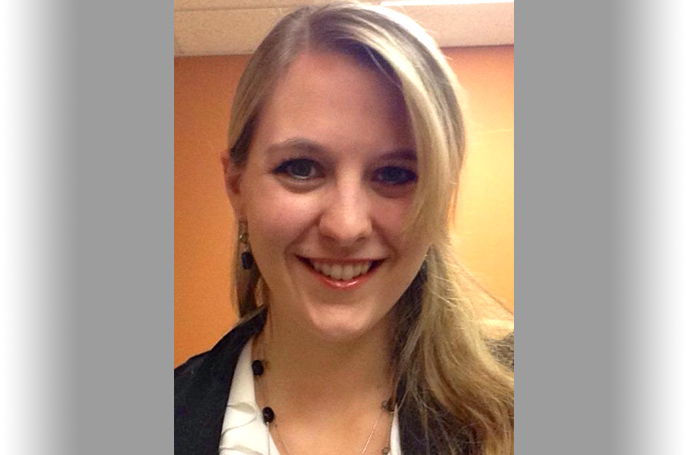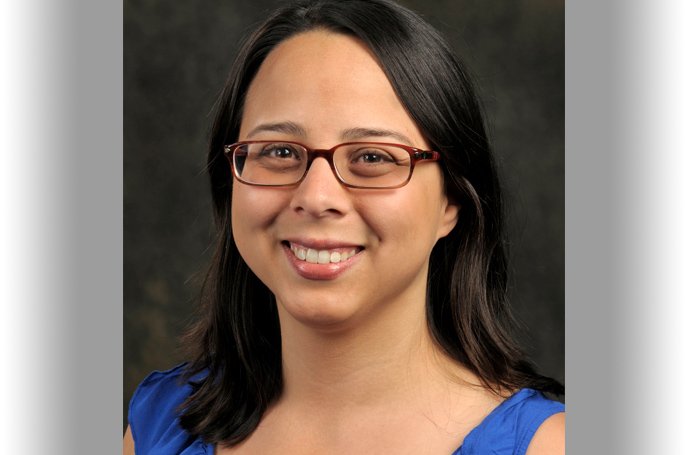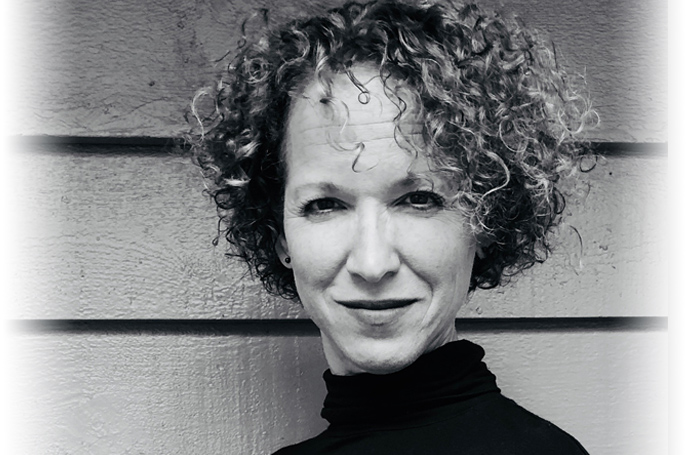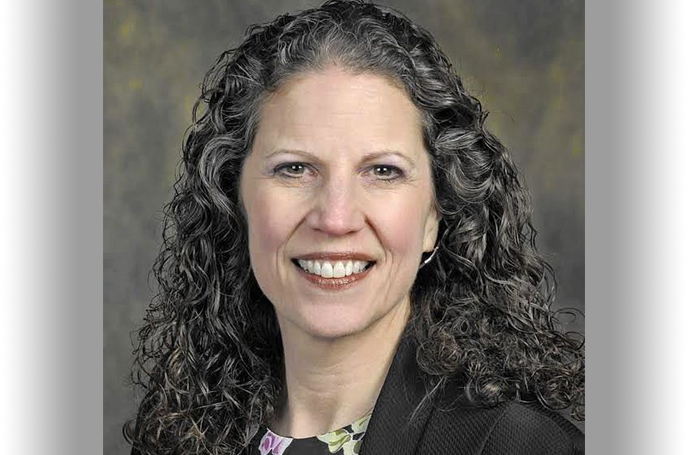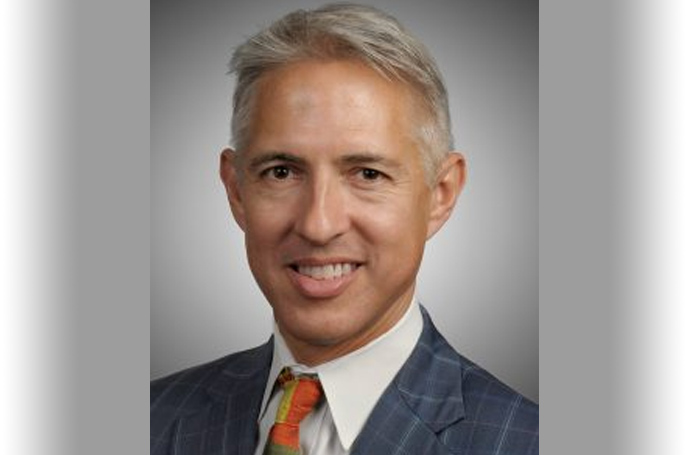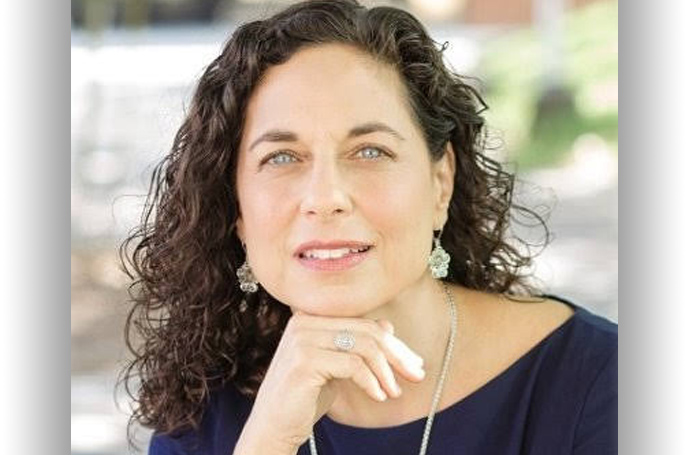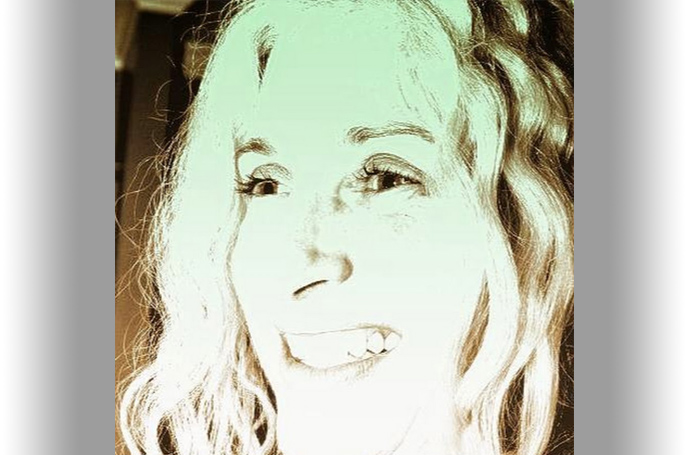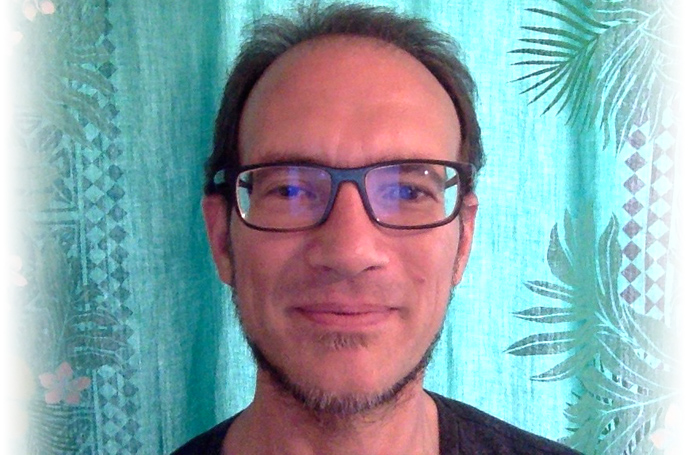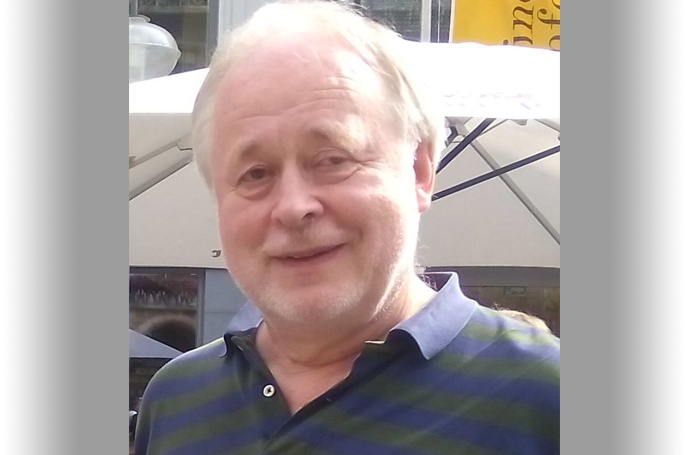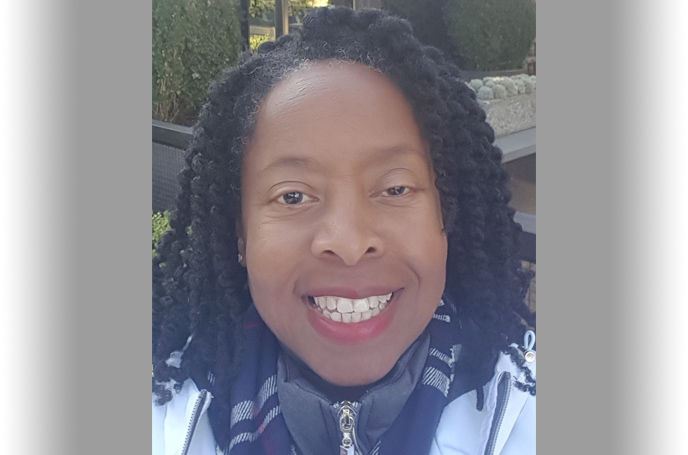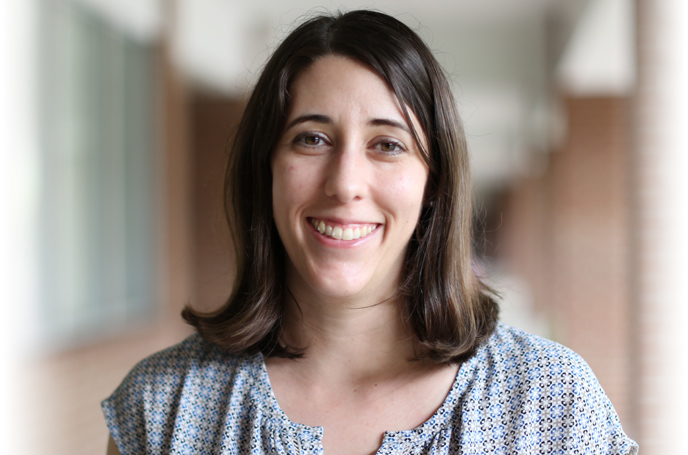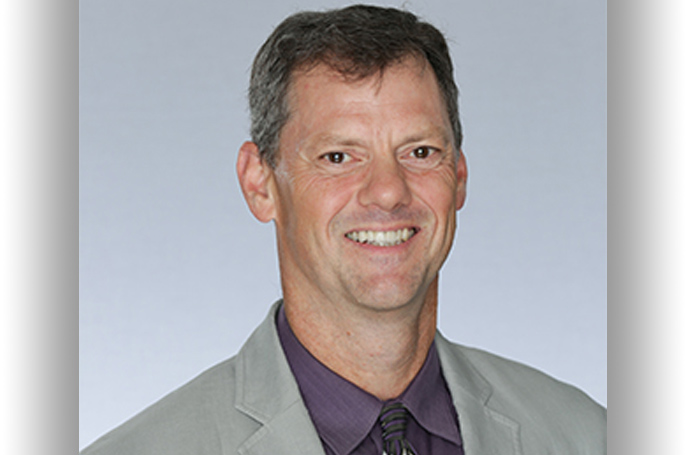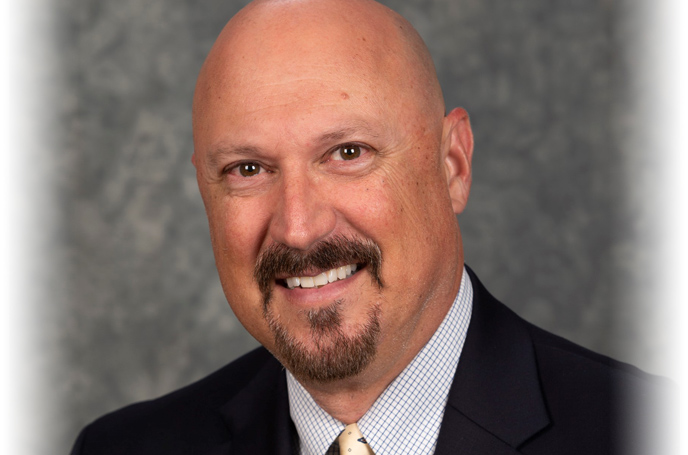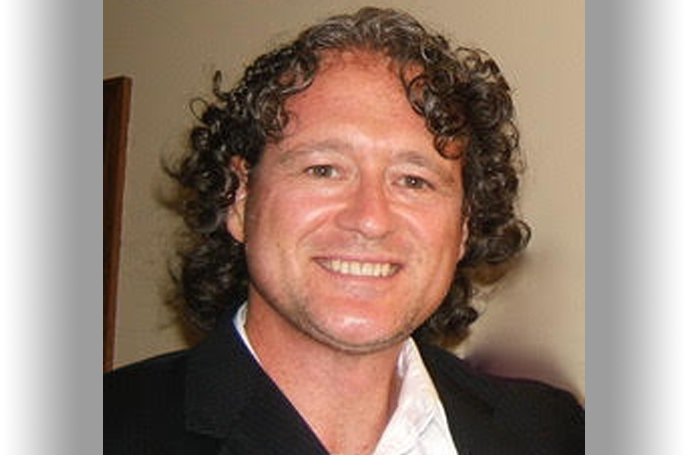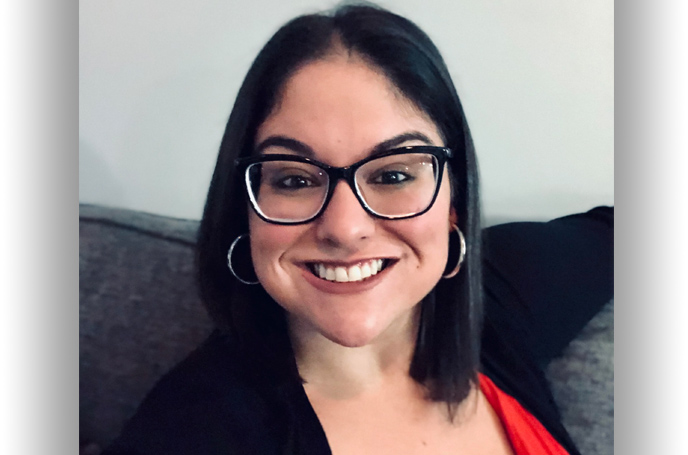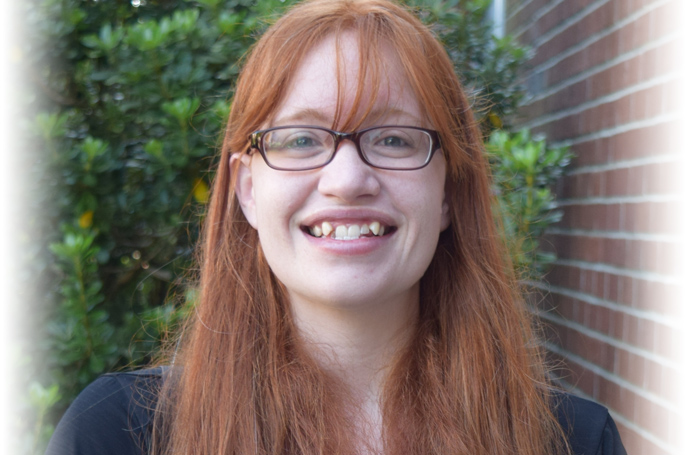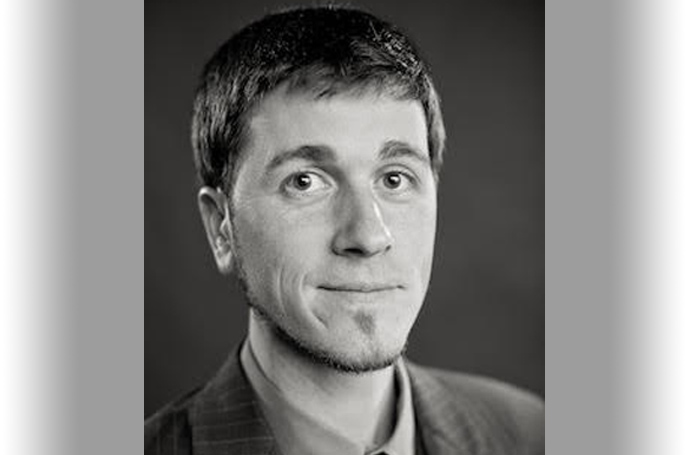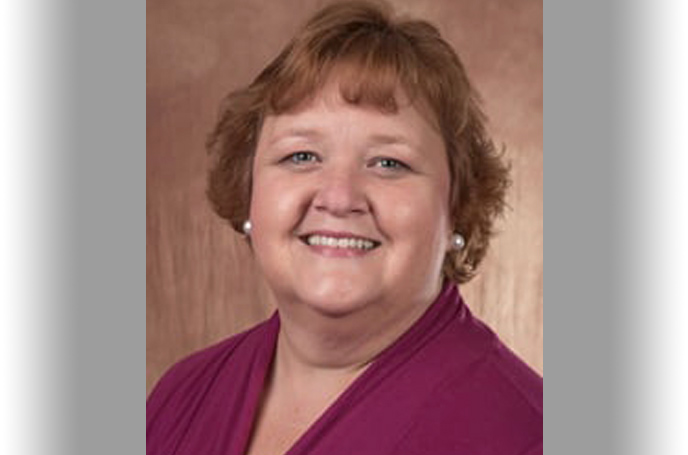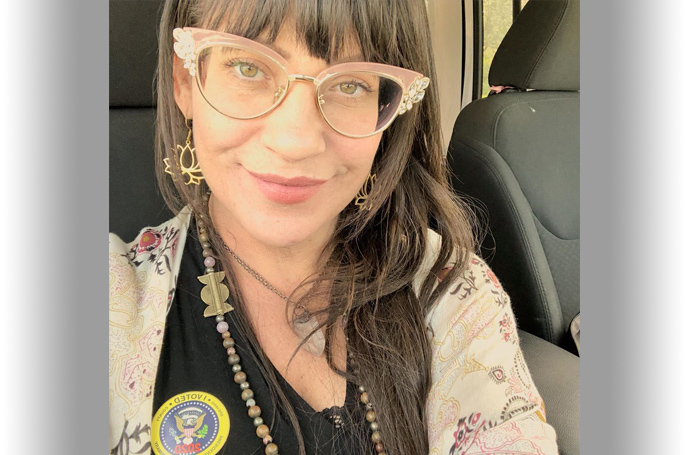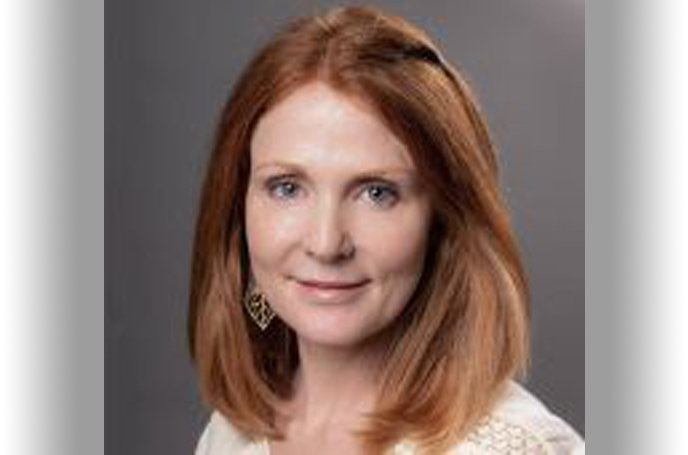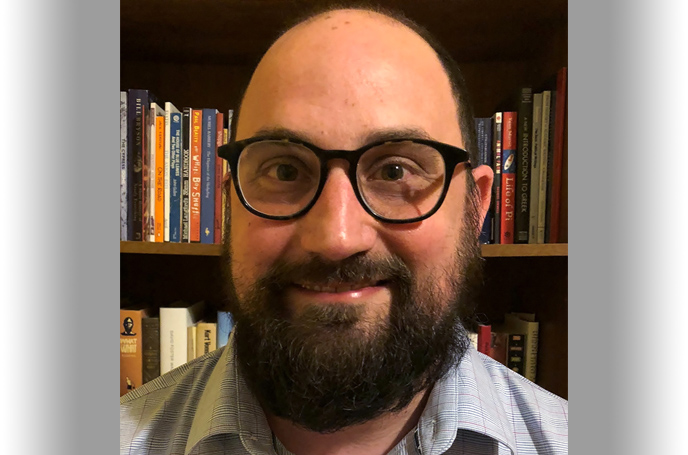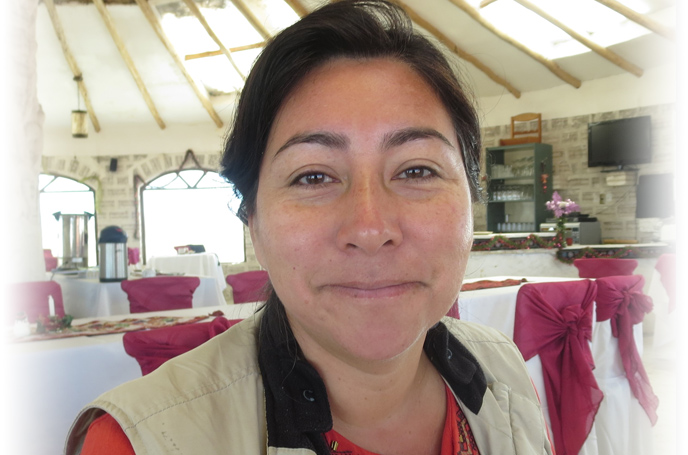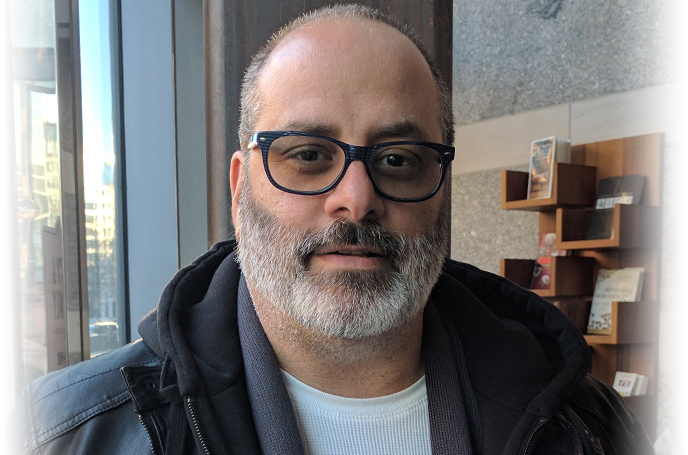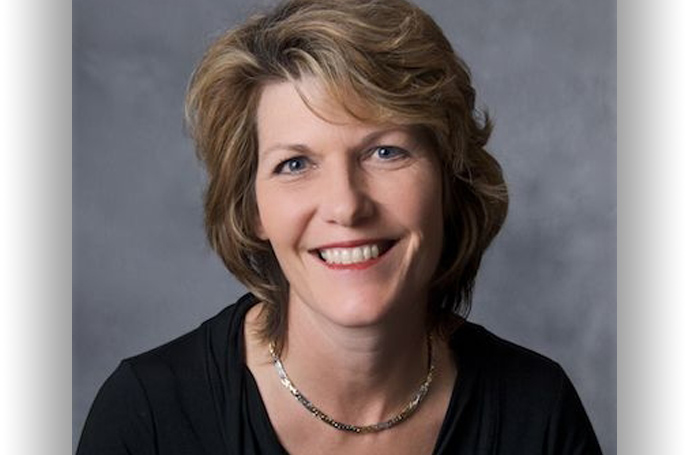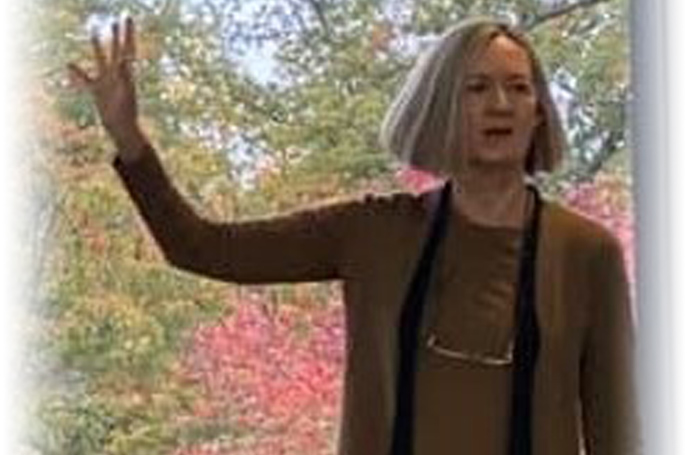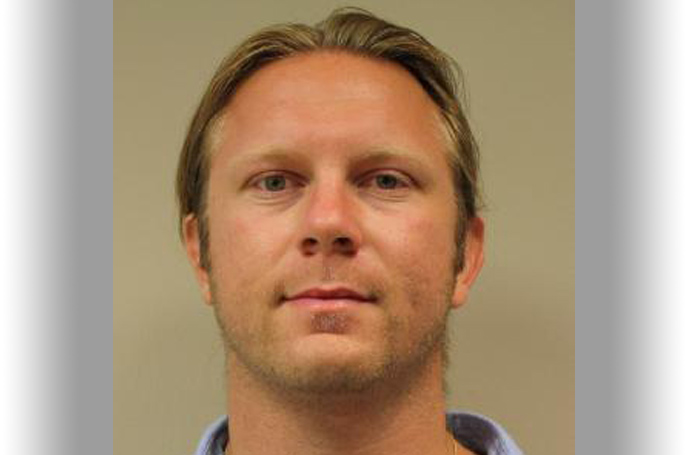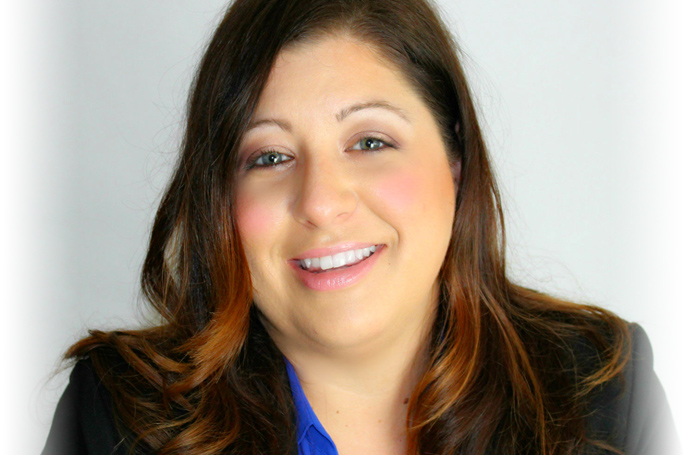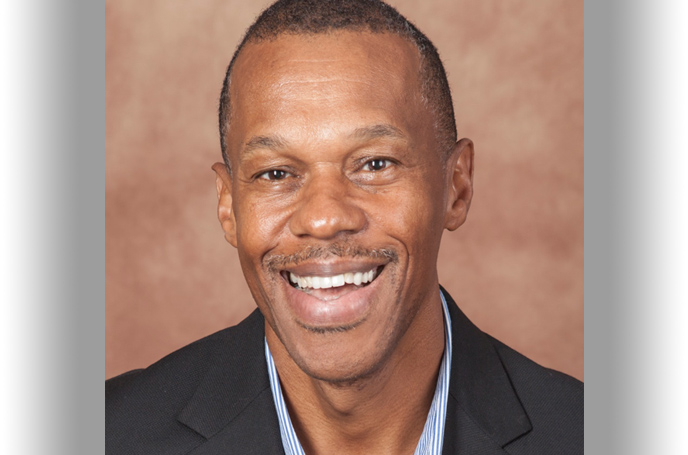Note: You can read the text of the legislation here.
Dear UFF Members and Leaders,
As many of you are aware, HB 233, known as the “Viewpoint Diversity” bill, was signed into law by Governor DeSantis on June 22nd. Key provisions in this bill that affect higher education in Florida are—
- It mandates annual intellectual freedom and viewpoint diversity surveys for higher ed faculty and students. We do not yet know how these surveys will be structured, nor is there any clear indication of how the survey data will be used.
- It allows students to record classroom lectures without a requirement for prior notice and without the faculty member’s consent, with specific limitations on where and how those recordings can be used.
- It provides “anti-shielding” measures that forbid institutions from restricting the kinds of views and statements that students can have access to or observe on higher education campuses.
Various legal avenues are being explored by FEA Legal and UFF Staff; as the surveys, rules, and policies are developed in response to these provisions, we will continue to monitor the legal implications. The mandated surveys (see #1 above) are currently under development by the State University and Florida College systems, and UFF’s officers are meeting with both governing bodies to share our concerns and hopefully influence the design of these surveys. More specific guidance will be shared on these fronts later in July. We will also be sharing guidance on how to respond in contract enforcement, collective bargaining, and campus organizing scenarios. That said, UFF recommends the following preliminary measures for our members who are teaching this summer:
- Classroom Instructors should consider recording all of their lectures on their own devices and should maintain their records for several semesters. Such recordings can be made as long as students are given proper notice, which can be accomplished by adding language to a course syllabus stating that the faculty member makes recordings of lectures. Having verifiable records could be helpful in defending against false accusations or sound bites taken out of context.
- Remember that “a recorded lecture may not be published without the consent of the lecturer,” and it may be employed only—
a. “for a student’s own personal educational use”
b. “in connection with a complaint to the public institution of higher education where the recording was made”
c. “as evidence in, or in preparation for, a criminal or civil proceeding”
Recorded lectures used for other purposes may allow the faculty member to seek “damages plus court costs and reasonable attorney fees, with the total recovery not to exceed $200,000.” - You may not forbid or discourage students from recording your classes. Additionally, be sure to follow all campus policies regarding recording of classes. Remember that in most instances, it is better to comply now, then grieve later.
- During your lectures, remember that this law amends Florida’s interpretation of rights to free speech expressive activities protected under the First Amendment to include “faculty research, lectures, writings, and commentary, whether published or unpublished” and that “A Florida College System institution or state university may not shield students, faculty, or staff from expressive activities.” Defamatory speech is not a protected form of expressive activity.
The text of HB 233 is attached to this message, and we encourage all members to read it before entering the classroom this summer. Members who encounter any scenarios not covered in our above guidance should reach out to their local UFF chapter leadership with all questions and concerns.
We recognize that this bill has made many of us feel uncomfortable, but a number of its parameters remain uncertain and those that are already clear can be managed. As a union, we stand strongest when we stand together; rest assured that the members of UFF will not be left to weather this storm alone.
In Solidarity,
Andrew Gothard, UFF President
Caitlin Gille, UFF First Vice President
